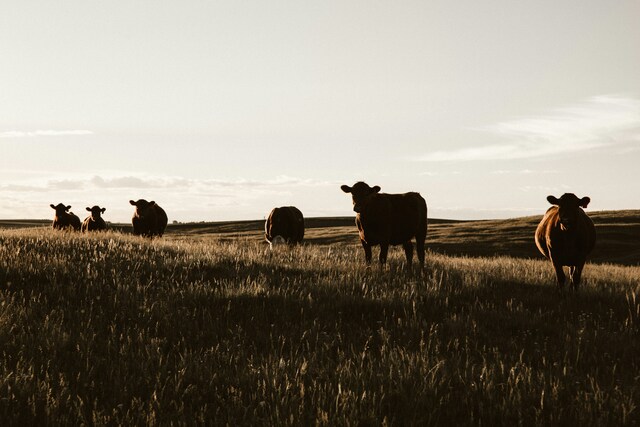A workshop for eligible primary producers will be held at Moffatdale on 24 April to discuss preventative measures for flood recovery.
Burnett Mary Regional Group (BMRG) has organised the event for producers to hear from leading experts in the regenerative agricultural sector on how natural sequence farming methods and rotational grazing principals can help manage flood impact.
It’s part of the Industry Recovery and Resilience Officer program, jointly funded by the Australian and Queensland governments under the Disaster Recovery Funding Arrangements.
Keynote speakers will be Stuart Andrews from Forage Farms and Mary Valley and Tarwyn Park Training; and Andrew Zerner, cattle producer and consultant.
Virginia Kelleher from BMRG said more than 80 flood management plans have been completed for producers across the Burnett Mary Region.
“We’ve found that many of these producers are still feeling the knock-on effects of the 2021-22 floods two years later, with their production and profitability taking a significant hit,” she said.
“We are holding the event to support producers in showcasing ways that they can engage technical advice to develop strategies for their properties and operations to become more resilient to extreme weather events such as flooding.
“These strategies include grazing land management for more effective ground cover and landscape hydration methods to slow the flow across the landscape to reduce sediment and nutrient/fertility loss.
“There are other technical service providers such as animal nutritionists and agronomists assisting our producers.”
Virginia said some graziers experienced low calving rates with pressure from an extremely wet joining season and poor animal health, particularly in breeders, due to nutritional deficiencies and a lack of fibre in pastures most likely because of waterlogging.
“This resulted in low calving rates during the following calving season, directly affecting the bottom line for many producers,” she said.
“Cattle also lost weight throughout the extreme wet season, enduring a cold wet winter, meaning less kilos of beef produced and animals that didn’t really finish, also affecting the bottom line.”
Virginia said the workshop would take a deep dive into the effects of soil health and biology after flooding.
“There are some producers with paddocks that suffered heavy topsoil and nutrient loss,” she said.
“They are now having to look at more resilient ways to run their business operation if they are going to remain viable through extreme seasonal weather events.”
For more information, including expressions of interest to attend the workshop for eligible primary producers, visit www.trybooking.com/CQKKO






